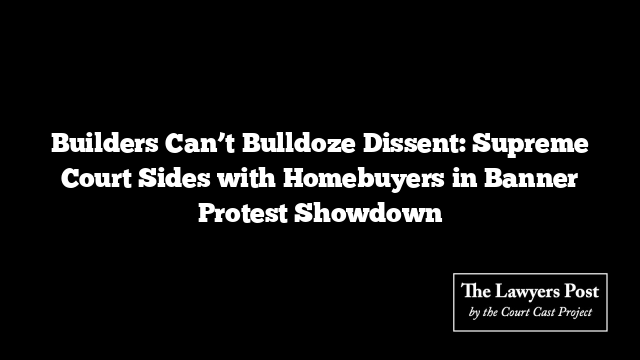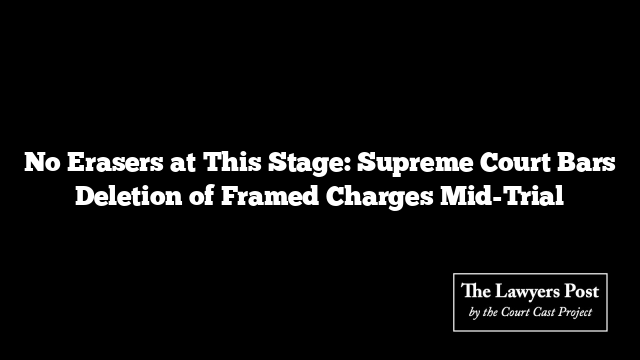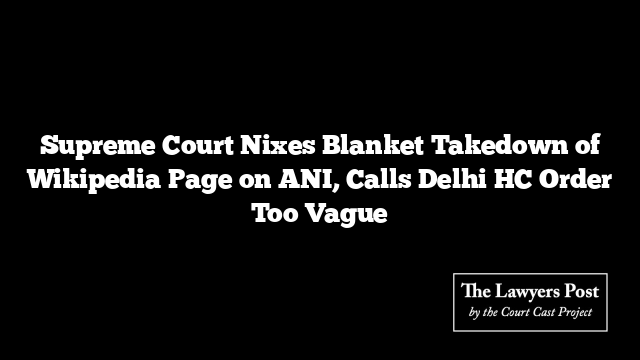The Supreme Court has drawn a bold line in the sand: peaceful protest is not a crime, especially when it’s a group of frustrated homeowners airing their grievances with dignity and restraint.
In a decision that sends a strong message to service providers everywhere, the Court quashed a criminal defamation complaint filed by a developer against a group of homebuyers who had dared to hang a banner outside the building they live in — one that simply listed construction-related complaints in non-abusive, measured language.
The banner wasn’t laced with insults or accusations of fraud. It didn’t throw punches — it pointed fingers at plumbing issues, water problems, bad lift maintenance, a bumpy approach road, and a developer’s general indifference. The exact words:
“We protest for our rights.”
The developer wasn’t pleased. A criminal complaint under Section 500 of the Indian Penal Code followed, and lower courts sided with the builder. But the buyers didn’t back down — they took it all the way to the top.
And the top responded clearly.
The Supreme Court bench, led by Justices KV Viswanathan and NK Singh, ruled that the protest was well within the limits of the law, the Constitution, and common sense. “There is no foul or intemperate language… The manner of protest was peaceful and orderly,” the Court noted, firmly planting the protest under the protective canopy of the Ninth Exception to Section 499 IPC — the one that protects good-faith expressions made in the interest of the public or one’s own rights.
The judges made it clear: being a dissatisfied customer doesn’t strip you of your voice. If a seller enjoys the freedom of commercial speech, a buyer must enjoy the equal right to protest — peacefully and lawfully.
“No Lakshman Rekha was crossed,” the Court stated, dismissing the idea that the banner’s content was defamatory. In fact, the judges emphasized that the nature of a builder-buyer relationship invites grievances and that it’s entirely reasonable — and lawful — to bring those into public view if done responsibly.
They also clarified an important legal nuance: the Ninth Exception doesn’t hinge on the truth of a statement but rather on the good faith with which it’s made. And in this case, the homeowners were simply airing long-standing concerns that had, apparently, gone unanswered.
In quashing the complaint and dismissing the criminal proceedings, the Court set a precedent that could ripple across consumer activism in India: protest is not a privilege. It’s a protected right — and builders can’t use criminal defamation as a hammer to silence a banner.





